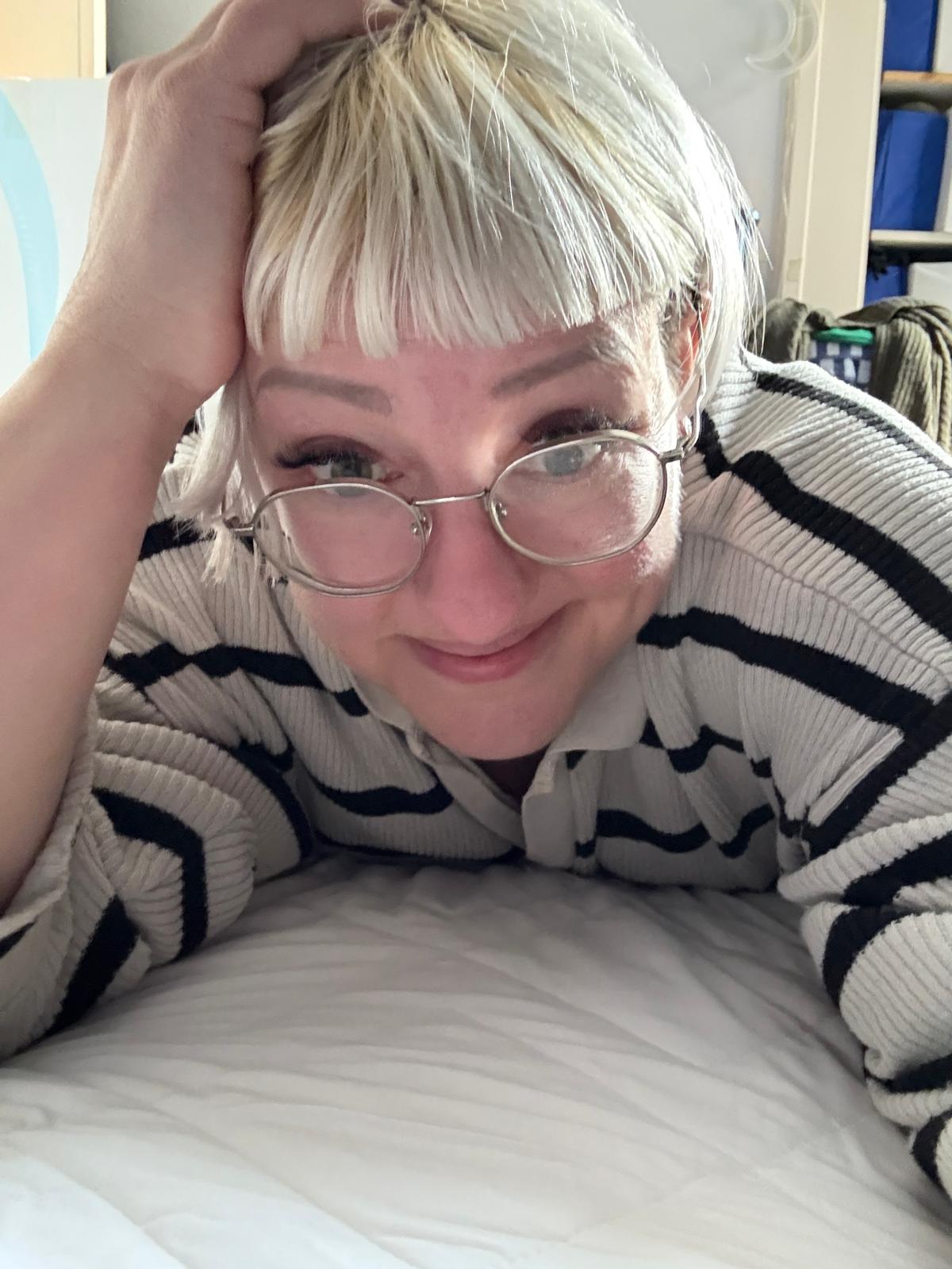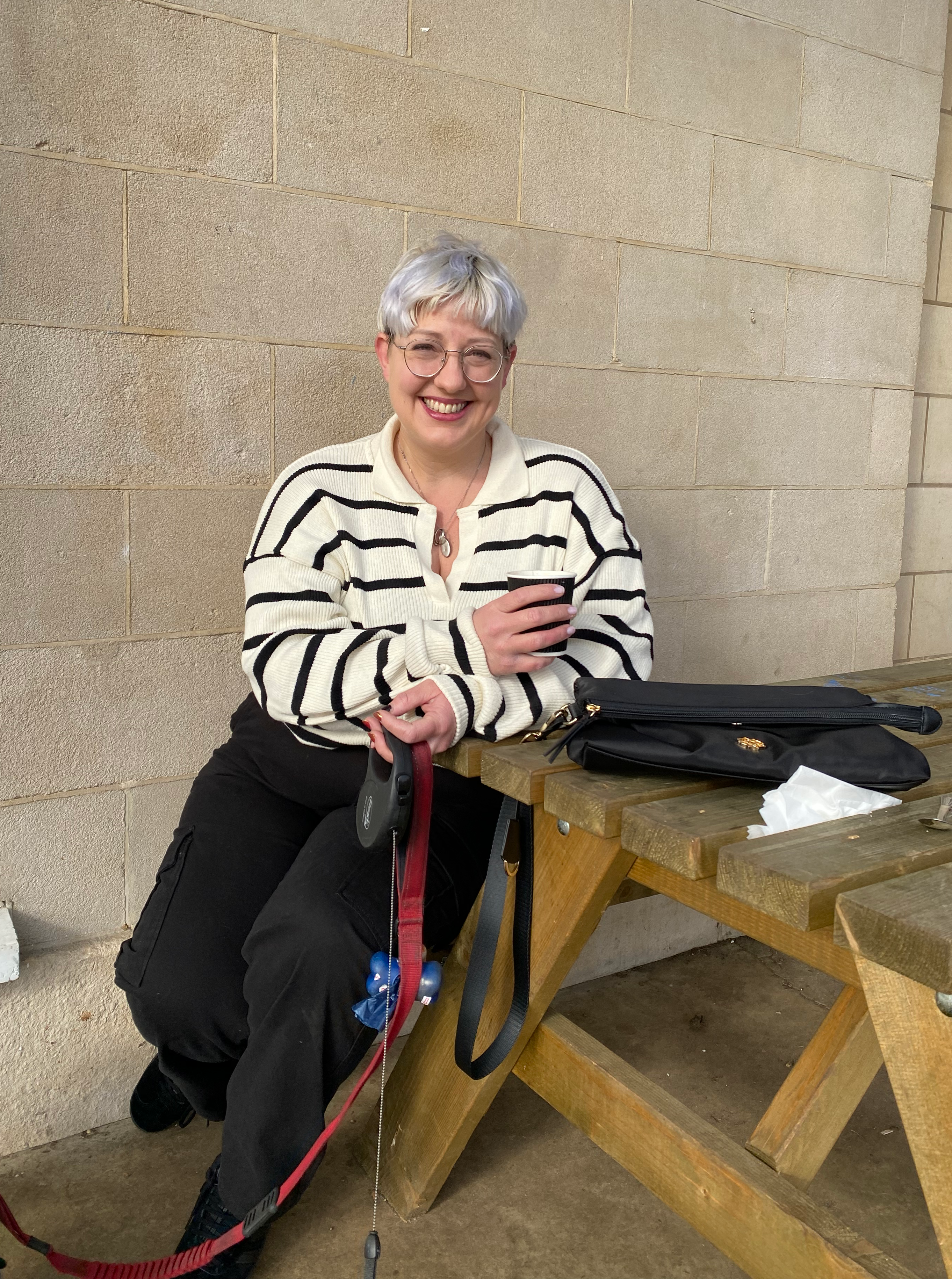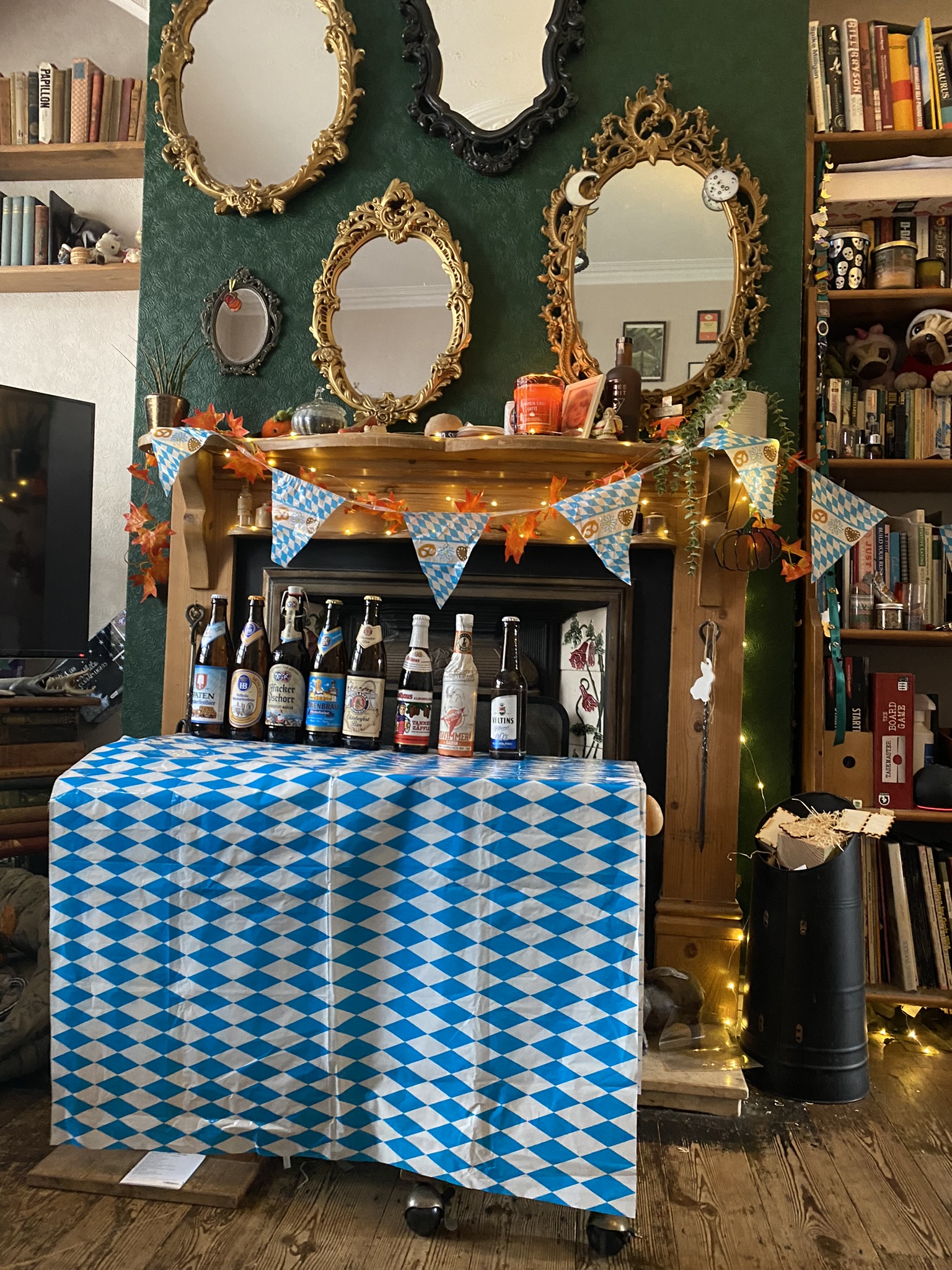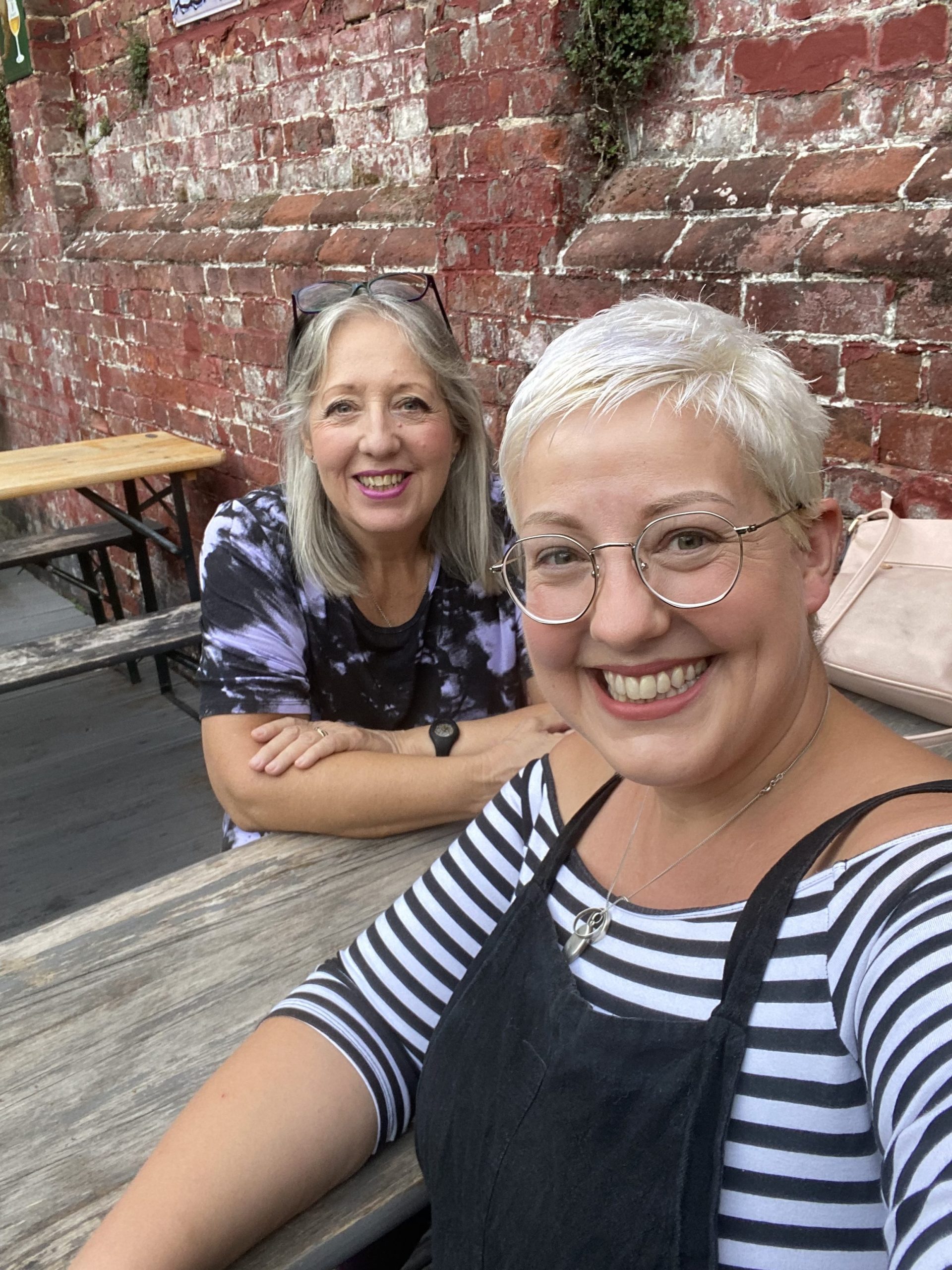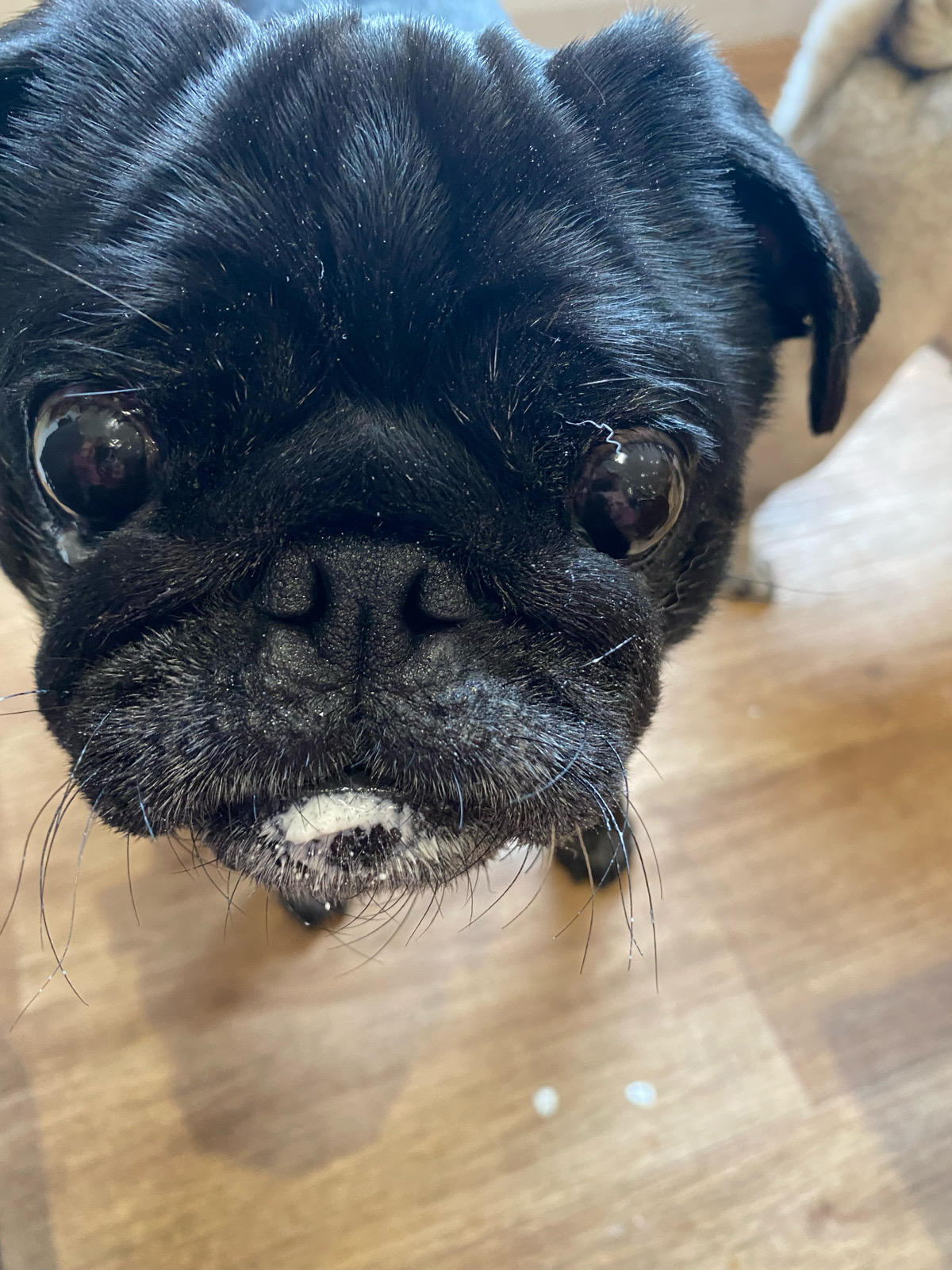I’m confused. This happens easily.
Sometimes the answer is just not to think about things too much, but it’s too late, I already have. I think this has been floating aimlessly around in the back of my head for some time, as a kind of amorphous, shapeless half formed question. But now I finally have to ask. What the hell *is* “vintage” anyway?
The word vintage, as applied to clothing, can apply to anything between approximately 100 and 20 years old, depending on who you ask. So currently that’s approximately 1910 to the late 80s, ish.

But “vintage” over the last few years seems to have started to apply itself to a subculture. I’ll be honest, I have no idea what that subculture was called before it became vintage. If you speak to some people they’ll tell you they’ve been rockin’ and rolling or attending 40s events for decades, but all I know is that I’d certainly not heard the word “vintage” applied to a group of people until some point in the last 10 years.
More specifically it seems to apply to a group of people with a particular love for the styles of the mid 20th century, say 1920-1960. But those people need never have been near an actual piece of vintage clothing in their life. Their wardrobes could be entirely filled with Topshop, and vintage repro.
So I guess what’s been floating around in my head is “Why am I “Vintage””. Both self defined and defined by others the word “Vintage” is used to describe my interests and my style. Yet my style is very different to other people also described as “vintage”.
Back in May Jenny Yesterday wrote about narrowing her wardrobe down, to reflect her favoured era’s of 1947-1956 (though it’s worth noting she too points out that being too uptight about these things is foolish!). Such a thing would never occur to me as I plunder every decade for my daily outfits. From a full on (repro) 30s look for the Chap Olympics to early 60s Chic for a Breakfast at Tiffanys party, to mixing and matching 30s hair with a 50s dress. Landgirl1980 wears a very definite 40s style, though much of her wardrobe dates from much later, and Style High Club is at heart a 60s chick. Yet we all identify with the word “vintage” to describe us as a group.
If you’re not wearing actual vintage clothing, and the people who are described as “vintage” all have completely different styles, then what is it that separates a modern repro 30s inspired style from the 1970s borrowings from the 1930s, or even this September’s 30s inspired “high fashion” Mark Fast catwalk show?
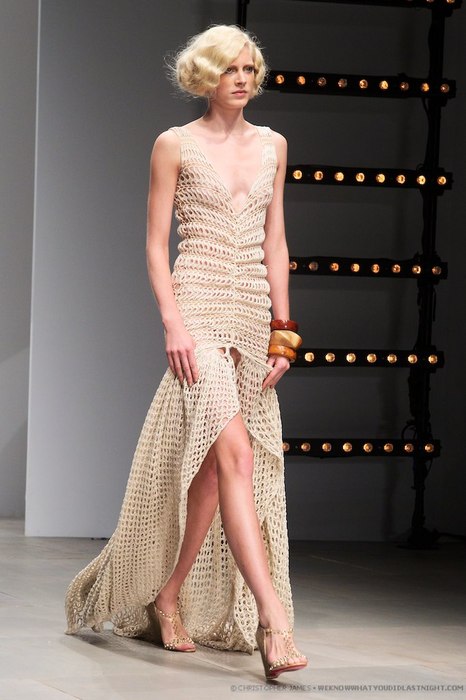
Is it that interest in the actual history of the clothes and items that you’re wearing? Is a “vintage” gal in a brand new Biba dress from House of Fraser different from a “fashionista” in the same dress because she bought it knowing that it might be 70s style but the 70s was all about the 30s anyway. Is she “vintage” because she KNOWS that her shoes are in the style of a different decade than her dress, even if she doesn’t care?
When I hear people complaining about a lack of actual interesting content in Vintage Life Magazine is it because Vintage Life, is really just another Women’s magazine and us “vintage” women, we want more? We want to be informed about the people who wore the styles and the clothes the first time round. We want to know how they were made, why were they were made and why they were worn.
Could this also be the source of that slight frisson of antagonism between the sudden fashionability of “vintage” and the “vintage” sub culture. They are 2 different things with the same name. The fashion for vintage that incorporates cup cakes, Cath Kidston and many of things that I remember being called “shabby chic” 5 years ago actually has very little overlap with that emerging vintage subculture of intelligent and stylish chaps and chapettes with a taste for elegant early to mid 20th Century style and a bookshelf full of history books.
So what happens when the waters recede?
What happens when bunting goes out of style again and the charity shops are full of last seasons lace trimmed Primark blouses?
I’d like to think that “vintage”, or whatever it ends up being called in future, will be enriched by its flirtation with fashion. That some die-hard vintage fans will have a renewed interest in an occasional foray into High Street shopping and some fashionistas will have a little bit more knowledge about the history of style, rather than just looking to next seasons disposable trend. Some people who started buying into vintage as a fashion trend might fall in love with events like A Marvellous Cocktail Party and the Ric Rac Club and stick around for next years.
Lets face it, you don’t know these things exist unless someone tells you about them. I know I didn’t! Maybe the fashion for vintage has bought a lot of real history buffs crawling out of the woodwork.

